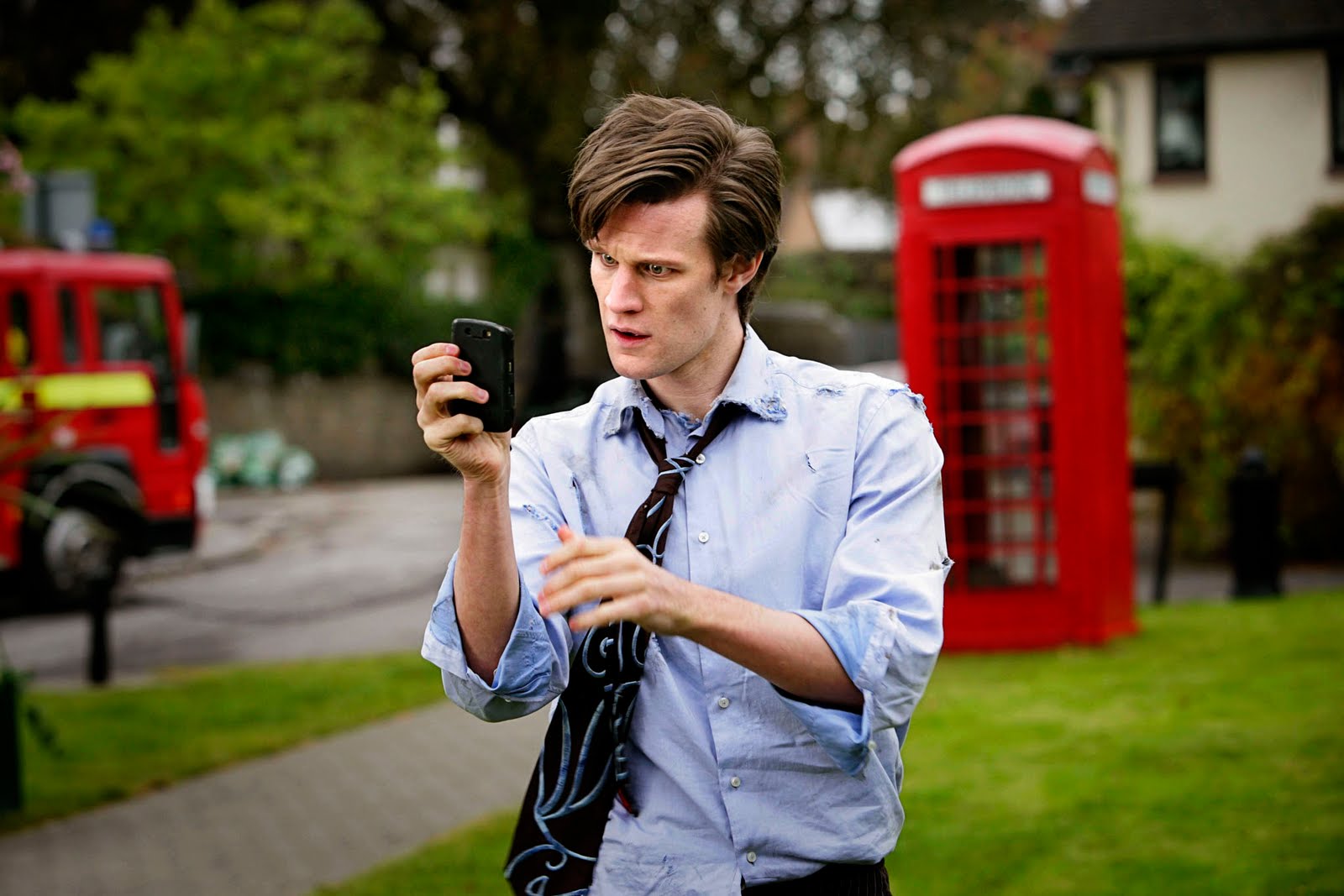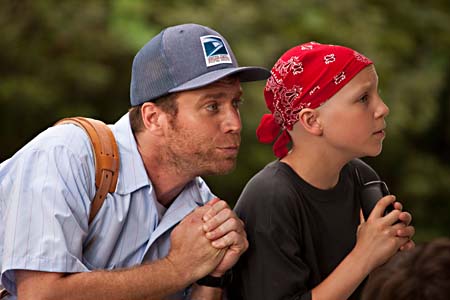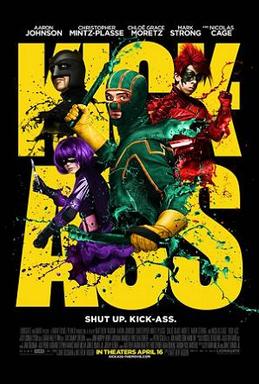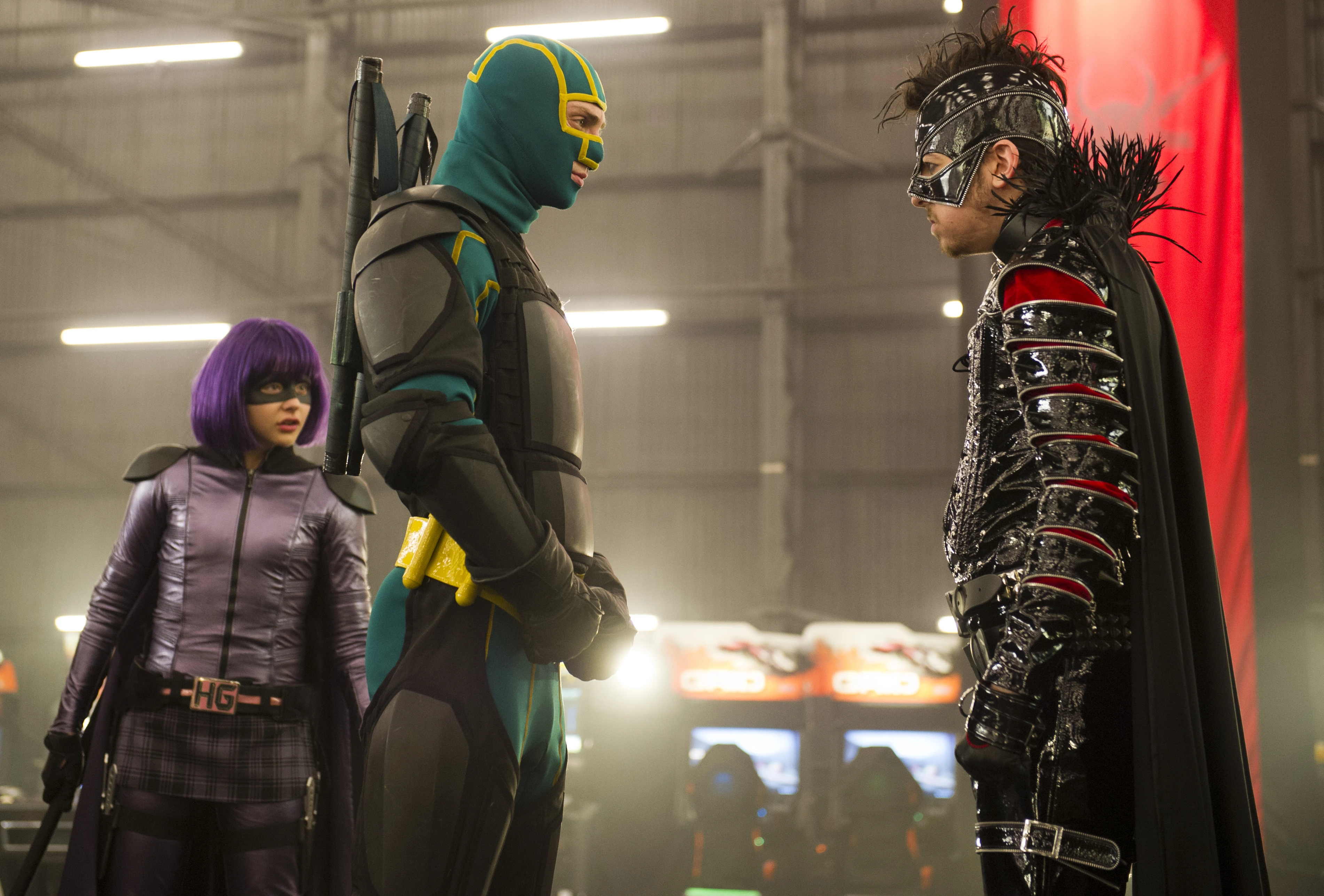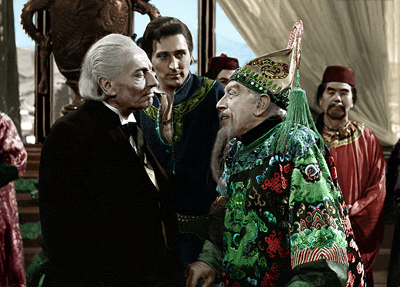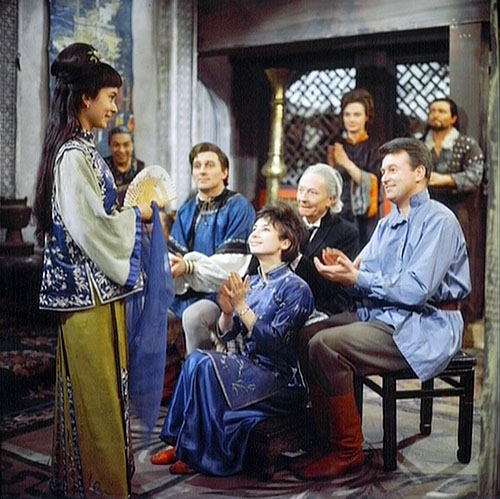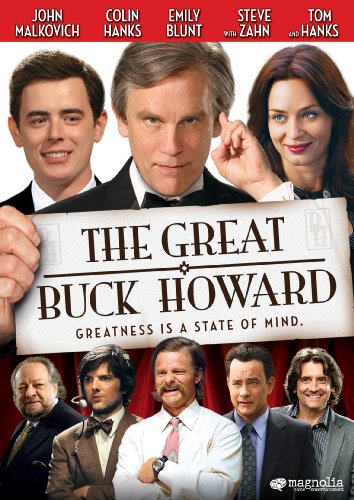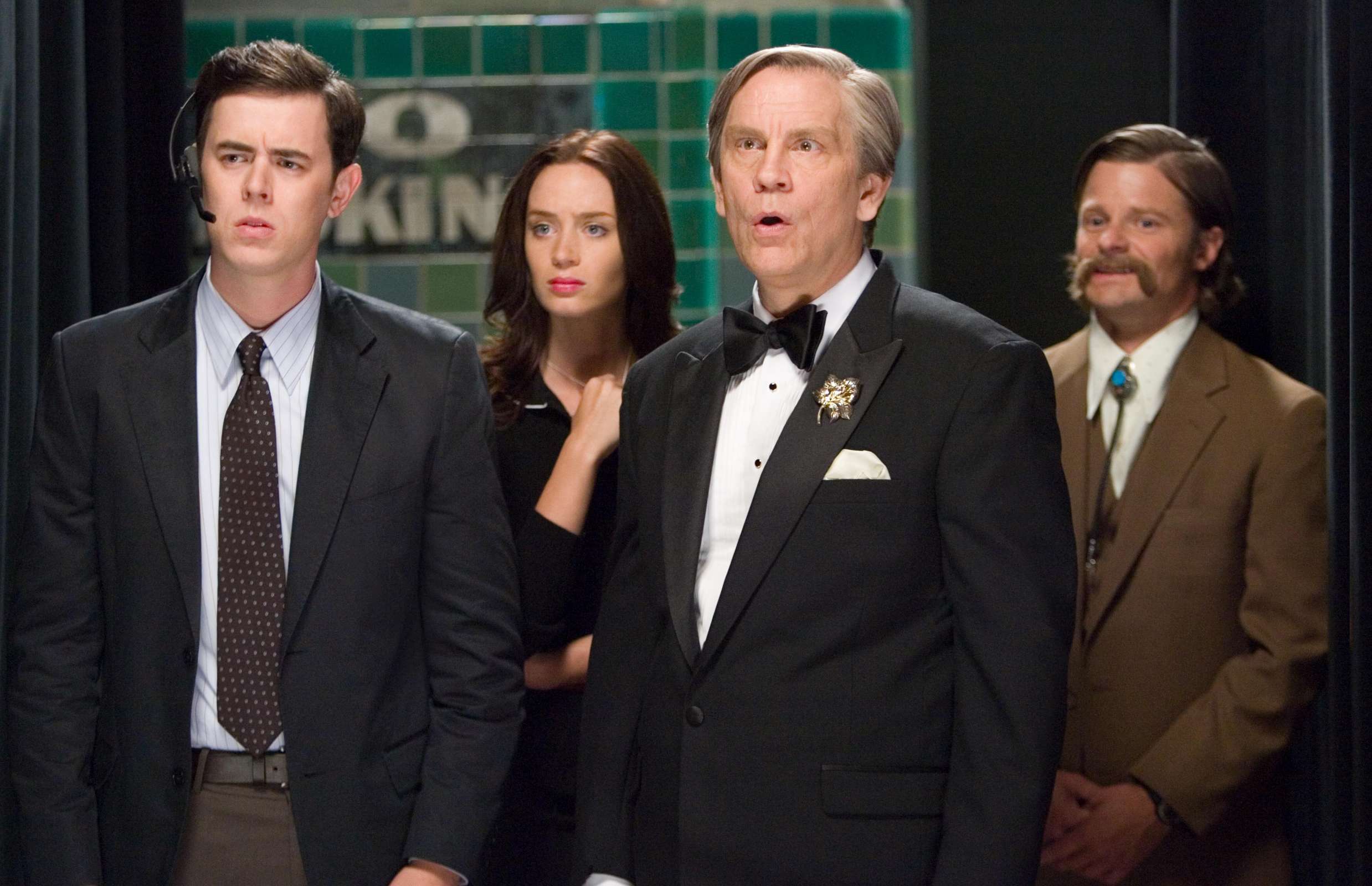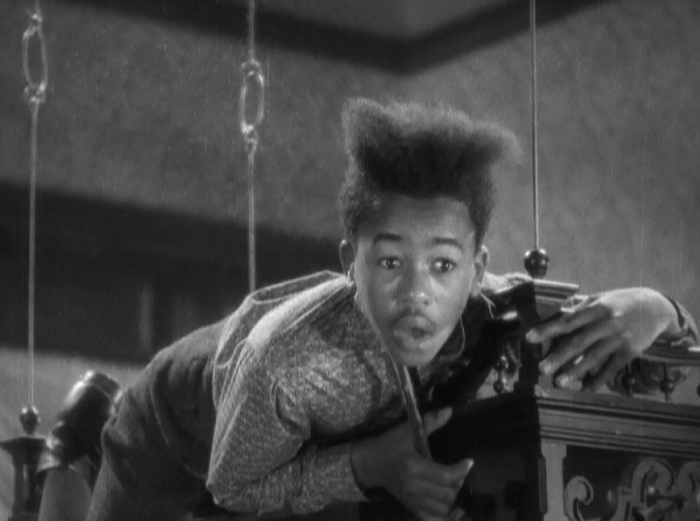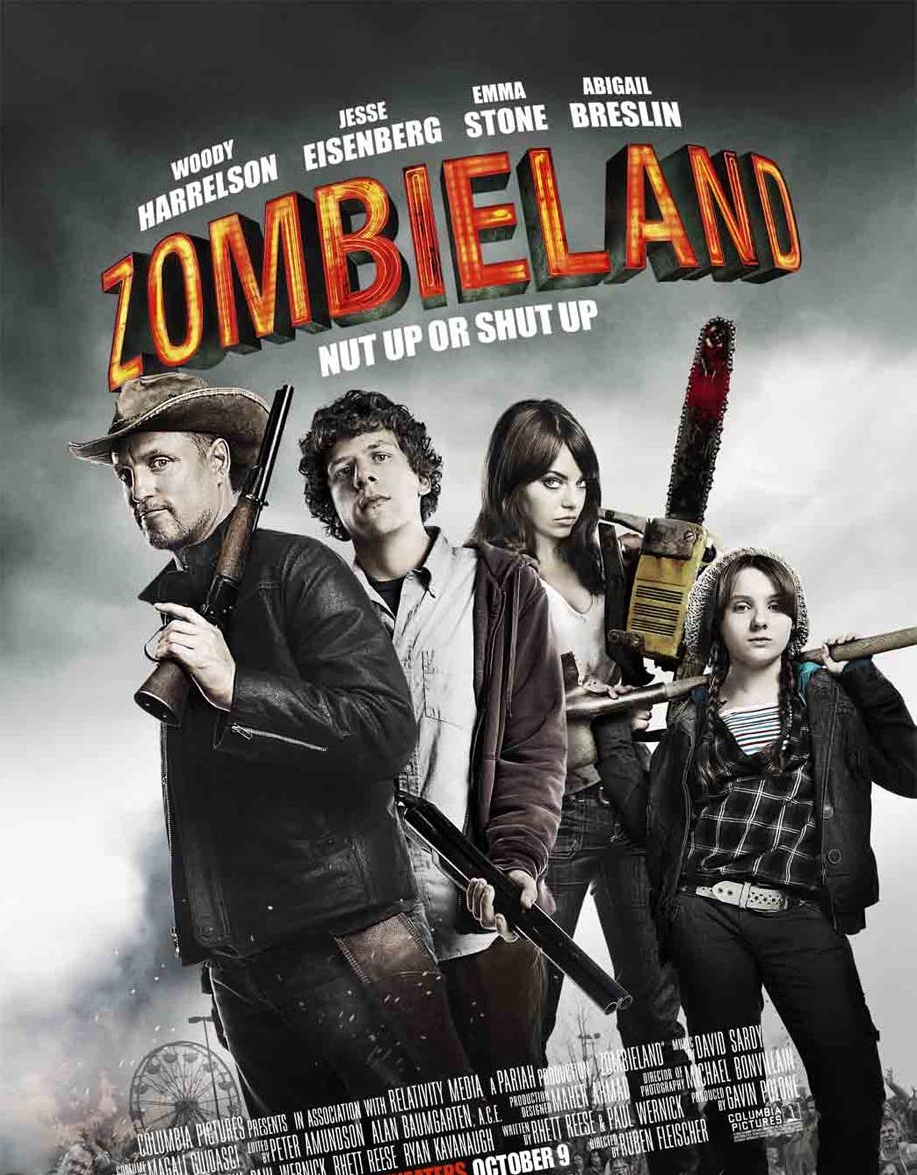
ZOMBIELAND
I don't know why people love zombies. I've never had much use for them, either in straight horror or comedy. They are, by their nature, not vehicles for expression: they just eat the living and that's it. I understand they mostly feast on brains, and that they can either be super-fast or super-slow, depending on the plot requirements. Zombieland has opted for the comedic route. I'm glad people had fun watching it. I didn't.
Columbus (Jesse Eisenberg) is one of the few survivors of a world-wide plague that has turned most of humanity into flesh-eating zombies. He has managed this (in spite of being quite a frightened and insecure young man) by following simple rules, such as "Double-Tap" (shooting a zombie twice to be sure he's dead), and "Cardio" (keeping in good running shape to outrun zombies). His rules appear on screen EVERY TIME he either mentions them and/or follows them. As he heads out from UT-Austin to Columbus (hence the name) in search of his parents, he encounters another survivor, zombie-shooting redneck Tallahassee (Woody Harrelson). They reluctantly join up, Tallahassee agreeing to take Columbus all the way to Texarkana. The duo stop at a grocery store to satisfy Tallahassee's never-ending quest for Twinkies and discover two girls, Wichita (Emma Stone) and Little Rock (Abigail Breslin), who have their own unique survival skills via their abilities as con artists extraordinaire. The girls are heading out to Pacific Playland in California, where they've heard there are no zombies. Eventually (and more reluctantly) the four join up.
My problem with Zombieland is that, to me, it was so PAINFULLY self-conscious that it was a comedy. Maybe that was the whole point of the film: that it was a spoof of a spoof of zombie films. For me, I just couldn't laugh, except once, with one of the best cameos by one of the most talented (and mercurial) comic actors of our time. Even that didn't strike me as funny for long because when he attempts to play a joke on Columbus, the first thing I thought of was, 'wouldn't it be OBVIOUS that Columbus would react the way he did? Could the people there be THAT clueless?' The fact that I KNEW what would happen sucked the laughs out of the situation, and that's why I wasn't overwhelmed with the film.
I give credit where credit is due: director Ruben Fleischer did a great job bringing the performances he wanted from his cast. Eisenberg has the frightened nebbish down pat. It was like watching someone try his hand at a successful Woody Allen impression. As for another Woody, Harrelson certainly shows he's having fun with all the goings-on around him and he devours the screen, letting his Tallahassee be as wild and outrageous as imaginable. I really loved Stone and Breslin as the new version of Paper Moon-type cons (the ring bit was great), both showing both dramatic range and an ability for comedy. Rhett Reese and Paul Wernick's script also had good moments, as in a montage while the characters were taking turns driving.
Still, overall I felt everyone in Zombieland were trying too damn hard to make me laugh. I just didn't. I'm sorry--there are many people who I'm led to believe were rolling in the aisles, but I didn't laugh. If a comedy is suppose to make me laugh, and Zombieland was a comedy, and it didn't make me laugh, then it failed in its purpose as far as I'm concerned. Frankly, I was bored because I felt everything was so predictable. I recognize that may have been the point, but even in a comedy is it too much to ask for a few surprises? How do I laugh after being told about the death of a child with the line, "I haven't cried like that since Titanic?"
Still, overall I felt everyone in Zombieland were trying too damn hard to make me laugh. I just didn't. I'm sorry--there are many people who I'm led to believe were rolling in the aisles, but I didn't laugh. If a comedy is suppose to make me laugh, and Zombieland was a comedy, and it didn't make me laugh, then it failed in its purpose as far as I'm concerned. Frankly, I was bored because I felt everything was so predictable. I recognize that may have been the point, but even in a comedy is it too much to ask for a few surprises? How do I laugh after being told about the death of a child with the line, "I haven't cried like that since Titanic?"
As it stands, I felt like a zombie at the end of Zombieland, praying there would be no sequel. Without sounding too harsh, I get the sense those who think this is the Citizen Kane of comedy might actually BE zombies.




